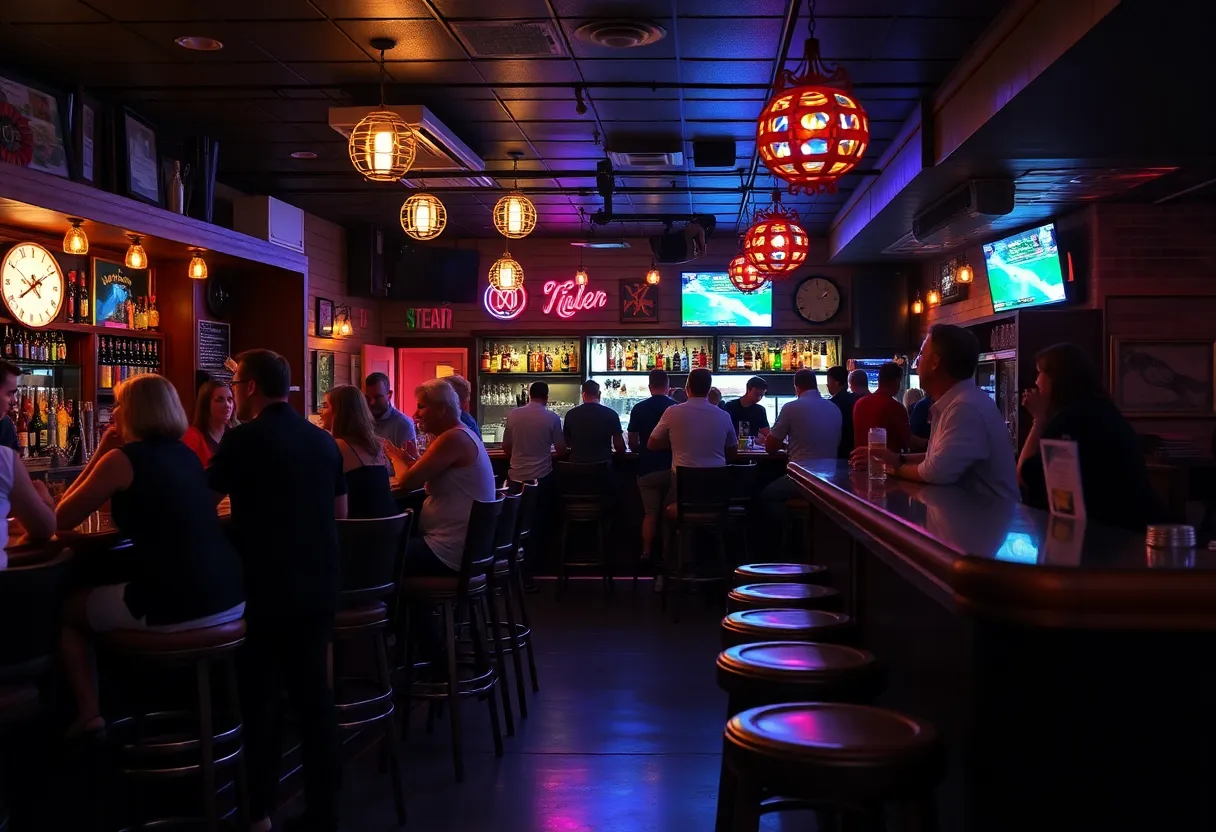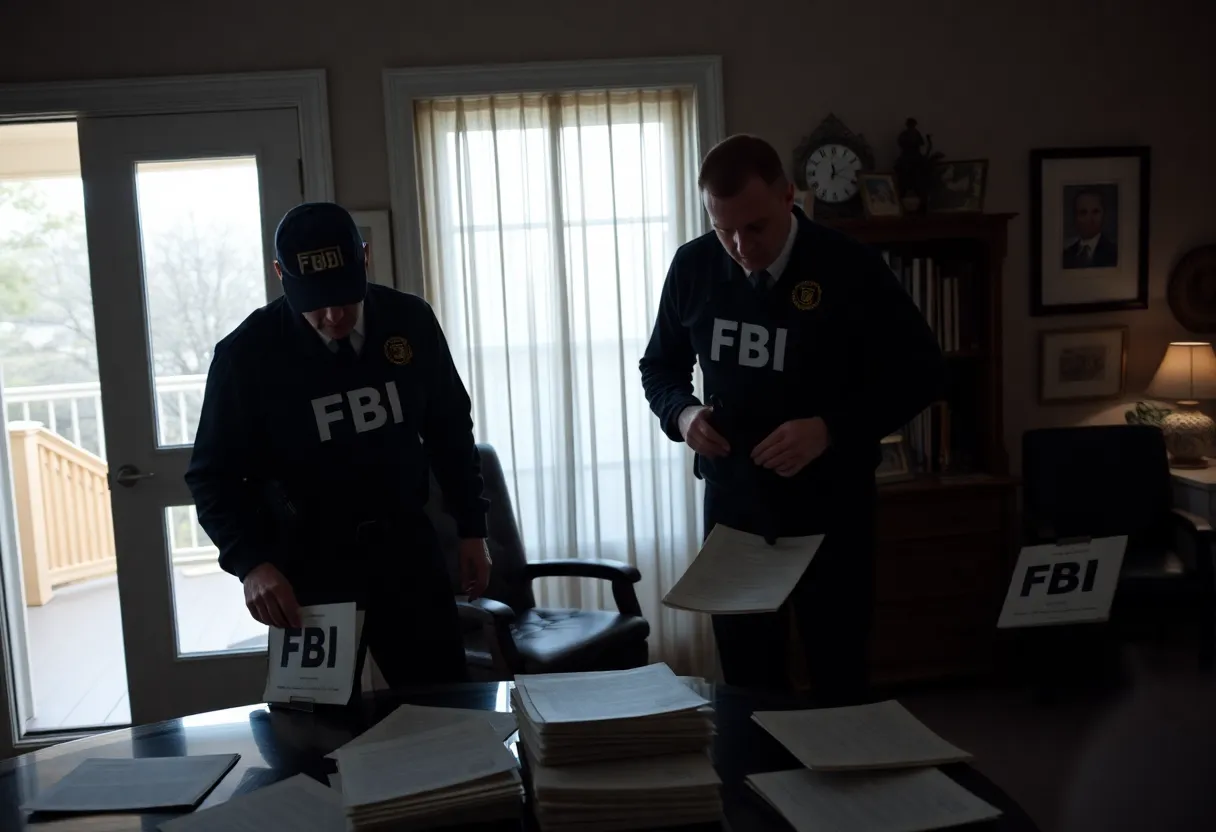News Summary
In response to skyrocketing liquor insurance rates, South Carolina lawmakers, led by Senator Ed Sutton, are pushing for modifications to current liquor liability laws. The proposed changes aim to reduce the minimum insurance requirements for businesses serving alcohol, which have caused many establishments to close or face financial strain. While business owners advocate for reform to ease their burdens, victim advocacy groups express concerns about maintaining protections for those harmed in alcohol-related incidents. The legislation, pending approval, seeks to strike a balance between affordable rates for businesses and adequate victim compensation.
South Carolina lawmakers are pushing to modify liquor liability laws in response to soaring insurance rates, which have placed immense financial pressure on local businesses. As a direct consequence, several establishments have shuttered their doors, and many others are grappling with insurance premiums that have doubled during the 2024 renewal period.
Newly appointed State Senator Ed Sutton is leading the charge for these legislative changes, particularly emphasizing the need to reassess how liability is determined under current laws. A notable concern is a 2017 law that mandates businesses serving alcohol after 5 p.m. to carry a minimum insurance policy of $1 million. This requirement has proven particularly burdensome for small business owners, forcing some insurance providers to exit the South Carolina market altogether, further aggravating the rise in premiums.
For instance, The Brew Cellar, a local establishment, is set to close just two days after it celebrates its 11th anniversary, a direct casualty of the financial strain imposed by the existing liquor liability regulations. Zach Dennis, the owner, has reported that many other businesses are facing existential decisions regarding insurance renewal or the grim prospect of closing down entirely due to escalating costs. Senator Sutton seeks to create a balance that ensures affordable insurance rates while still providing reasonable compensation to victims involved in incidents with over-served patrons.
However, the proposed changes are not without opposition. Victim advocacy groups have voiced their concerns regarding potential amendments to the liquor liability laws, emphasizing the importance of maintaining adequate protections for individuals harmed in alcohol-related incidents. Despite this, many business owners are advocating for reforms as a matter of survival in an increasingly challenging economic landscape.
The situation is particularly daunting for new business owners, some of whom, despite having no prior claims and implementing responsible practices, face exorbitant six-figure liability policies before opening. Senator Sutton has described the current law as detrimental to small businesses and damaging to the vibrant culinary culture of Charleston.
Sutton has committed to introducing a reform bill for consideration by the governor as early as May. Nevertheless, there are apprehensions that it may be too late for various establishments already struggling to stay afloat.
In addition to the above-mentioned reforms, there are growing concerns that larger big-box chains may benefit disproportionately while small local businesses suffer if the current laws remain unchanged. The recent legislative session brought about a compromise on the liquor liability insurance reform, providing a glimmer of hope for bars and restaurants burdened by high insurance premiums.
The proposed bill includes amendments to joint and several liability laws, adjusting the approach to how economic damages are assessed based on individual business fault. Minimum liquor liability insurance requirements would decrease from $1 million to $500,000 for most businesses, and down to $300,000 for certified nonprofits. Additionally, businesses that adhere to specific training and ID verification standards could access reduced premium rates.
This new legislation, pending approval from the Senate and the governor, aims to prevent businesses from facing unfair liability for the actions of intoxicated patrons while alleviating some of the burdens on the hospitality industry. This sector has raised significant alarms over the surging insurance costs directly connected to alcohol-related incidents, which continue to threaten the livelihoods of many small business owners across South Carolina.
Deeper Dive: News & Info About This Topic
- Charleston Business: SC Liquor Liability Insurance Reform 2024
- Post and Courier: South Carolina Liquor Liability Bars & Restaurant
- ABC News 4: Business Forced to Close Due to South Carolina Liquor Liability Law
- Insurance Business: South Carolina Senate Passes Liquor Liability Reform Bill
- Count On 2: South Carolina Lawmakers Reach Compromise on Liquor Liability Reform
- Wikipedia: Liquor License
- Encyclopedia Britannica: Alcohol Liability
- Google Search: South Carolina Liquor Liability Reform
- Google Scholar: Liquor Liability Insurance
- Google News: South Carolina Liquor Liability

Author: STAFF HERE FLORENCE WRITER
FLORENCE STAFF WRITER The FLORENCE STAFF WRITER represents the experienced team at HEREFlorence.com, your go-to source for actionable local news and information in Florence, Florence County, and beyond. Specializing in "news you can use," we cover essential topics like product reviews for personal and business needs, local business directories, politics, real estate trends, neighborhood insights, and state news affecting the area—with deep expertise drawn from years of dedicated reporting and strong community input, including local press releases and business updates. We deliver top reporting on high-value events such as the Florence Festival of Lights, Pee Dee Pride, and agricultural expos at the Florence Center. Our coverage extends to key organizations like the Florence Regional Chamber of Commerce and the Pee Dee Area Council of Governments, plus leading businesses in healthcare and retail that power the local economy such as McLeod Health and Pee Dee Electric Cooperative. As part of the broader HERE network, including HERECharleston.com, HEREColumbia.com, HEREGreenville.com, and HEREHiltonHead.com, we provide comprehensive, credible insights into South Carolina's dynamic landscape.





